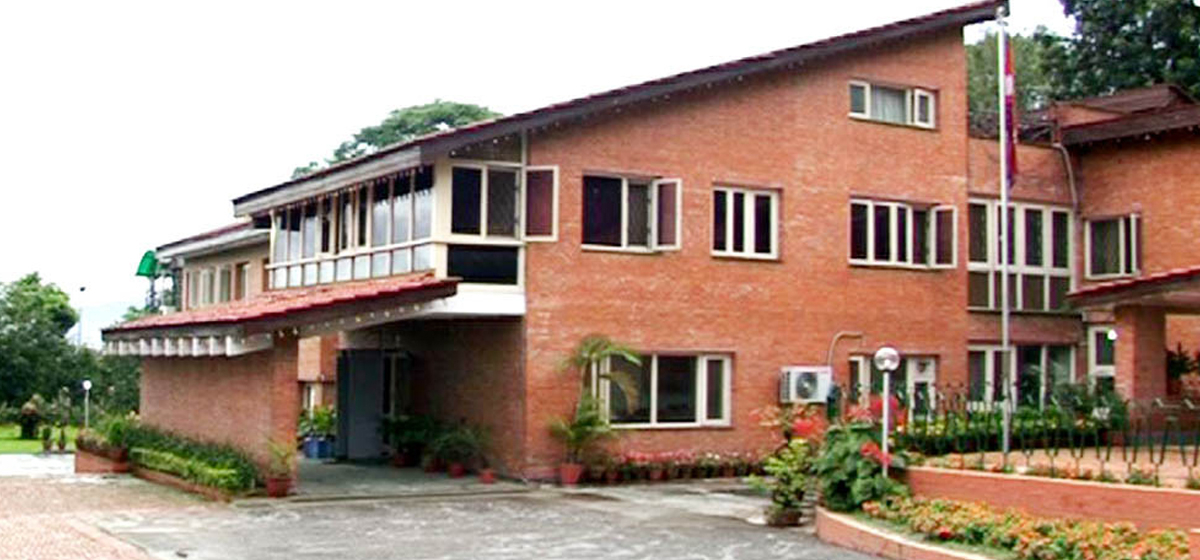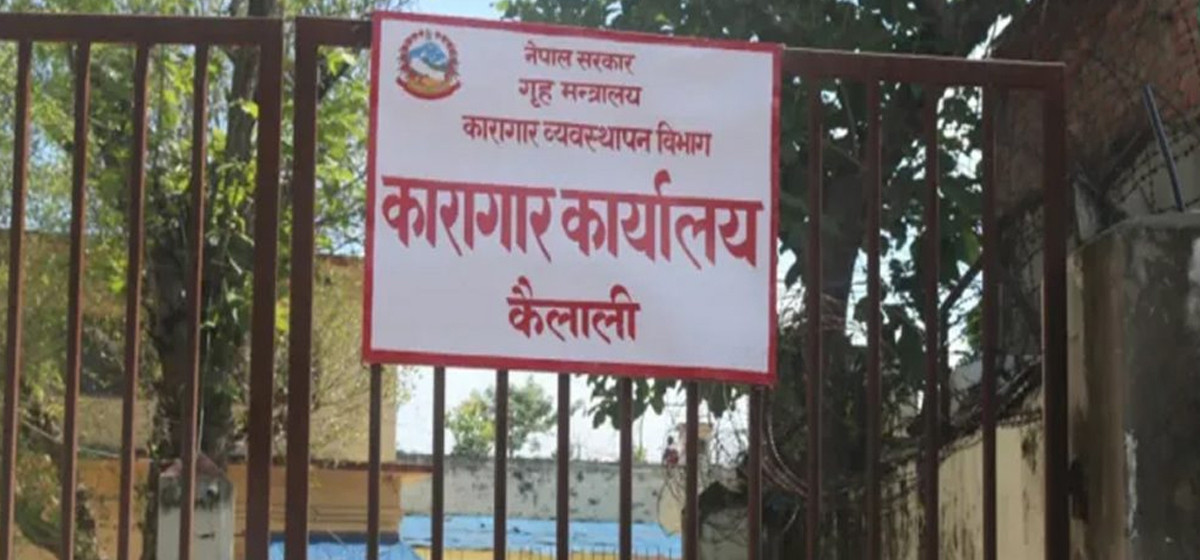KATHMANDU, Aug 19: Following the Supreme Court (SC)’s mandamus order to investigate the Gaur massacre, Home Minister Ramesh Lekhak convened a meeting with the chiefs of all three security agencies on Tuesday afternoon at the Ministry of Home Affairs, according to sources at the Ministry of Home Affairs (MoHA).
The meeting was attended by Home Secretary Gokarnamani Duwadi, Inspector General of Nepal Police Deepak Thapa, Inspector General of Armed Police Force (APF) Raju Aryal and Chief of the National Investigation Department (NID) Hutraj Thapa. Senior officials of MoHA were also present.
“The minister called for an internal discussion after the SC’s decision on the Gaur murder case,” a ministry source said, adding that deliberations are ongoing.
SC issues mandamus to advance long-delayed Gaur massacre case,...

On Monday, a division bench of Justices Til Prasad Shrestha and Nityananda Pandey issued a mandamus directing that investigation into the massacre move forward. The order came in response to a writ petition filed by Tribhuwan Sah, who had named the Rautahat District Police Office and the Rautahat District Government Attorney’s Office as respondents. He had petitioned on June 4, 2023, seeking a mandamus to proceed with the investigation.
The Gaur massacre took place on March 21, 2007 when the then-CPN (Maoist) and the Madhesi Janaadhikar Forum (MJF) organized programs at the same venue, the grounds of a rice mill in Gaur, Rautahat. Before the events began, violent clashes erupted between the two sides, leaving 27 Maoist cadres dead. Reports state that MJF cadres chased and killed them using sharp weapons and batons. According to the National Human Rights Commission (NHRC), 115 others were injured.
The NHRC, after an on-site study, identified four contributing factors like retaliatory violence, ignored mediation and security lapses.
In connection with the massacre, complaints were filed against 130 individuals, including Janata Samajwadi Party Nepal Chair Upendra Yadav. Three years ago, the NHRC decided that these complaints should proceed.
The government had also formed a five-member commission to study the incident, which submitted its report on April 11, 2007. The NHRC concluded that the leadership of both the Maoists and the MJF had failed to take the situation seriously.
“Leaders including MJF Chair Upendra Yadav, local MJF cadres in Rautahat, Madhesi Mukti Morcha General Secretary Prabhu Sah, and former Maoist People’s Government Chief Bindeshwar Yadav should have anticipated that holding separate programs by two antagonistic groups at the same place and time could result in violence and loss of life. However, no initiative was taken by either leadership to prevent the tragedy,” the NHRC stated in its report.





































